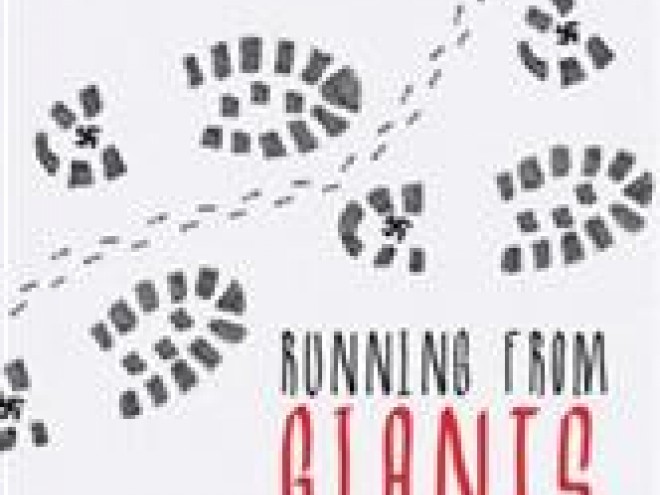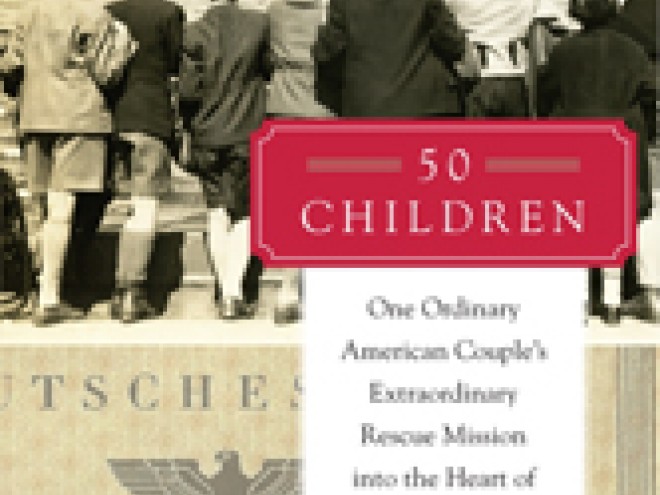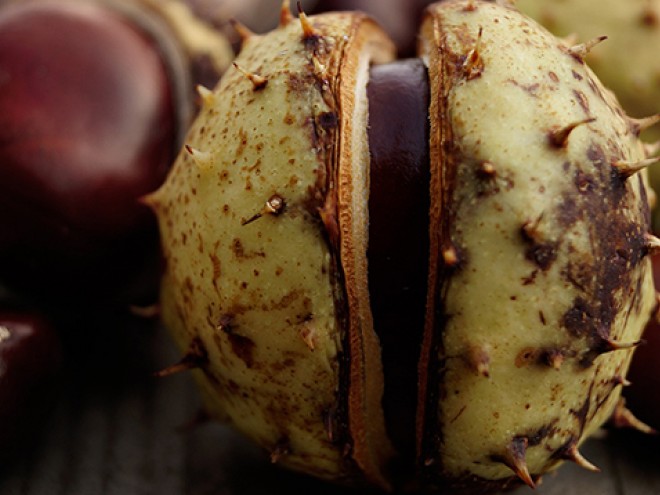Margareta Ackerman is a professor, researcher, author and granddaughter of Holocaust survivor Srulik Ackerman. She received her Ph.D. in Computer Science from the University of Waterloo, Canada, and has won numerous awards for her research. Her recently published book, Running from Giants: The Holocaust Through The Eyes of a Child, is now available. She will be blogging here all week for Jewish Book Council and MyJewishLearning.
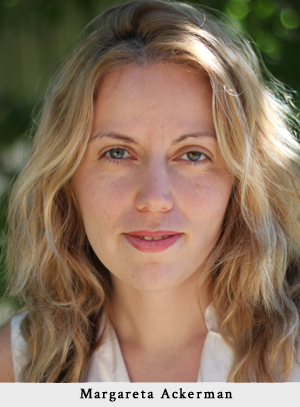 In my many years of schooling across three continents, I’ve attended many Holocaust classes. Yet, during each lesson and every lecture, I felt that something was missing.
In my many years of schooling across three continents, I’ve attended many Holocaust classes. Yet, during each lesson and every lecture, I felt that something was missing.
In high-school, we read The Diary of a Young Girl by Anne Frank, a beautifully written firsthand account — rightfully a must-read if there ever was one. But, as most of us know, Anne’s diary ends before her story does, saving the reader the worst of the Nazi atrocities. To my surprise, my high-school class covered little about the Holocaust other than Anne’s diary. And while the university courses on the subject went much further, there was still something missing.
Although, thankfully, the Holocaust ended many years ago, it was still much more real to me than any other historical subject I studied. If one were to guess who among all my family members had survived the Holocaust, no one would have suspected my grandpa. Nothing about him brought to mind the horrors of the Holocaust. He had an unassuming, easy-going demeanor, combined with an exceptional sense of humor. Whenever I think of him, I always remember him with a smile on his face. Most incredible, however, is that he was, without a doubt, the happiest person that I’d ever met.
For many years, I couldn’t reconcile my grandfather’s personality with all of the horrors that he and others suffered at the hands of the Nazis. Hope came when, many years later, I was asked to help put together his memoir. Of course, I was honored and agreed right away. Among the many reasons that I wanted to help with this important project was my hope to finally discover how Grandpa managed to survive so wholly.
Don’t we break down from much smaller problems? Don’t people in times of peace and plenty disintegrate and lose the will to live from problems that cannot even be compared with the atrocities such as the Shoah? What made my own grandfather so much more resilient?
There are two ways to look at Grandpa’s reaction to all that he had endured. The first, is that he had managed to be happy despite all that happened to him. He would have been a happy person no matter what. Had he lived a simple life in the Polish village of Nowosiolki where he was born, he still would have been an exceptionally happy guy. Having survived the Holocaust, and still retaining such contagious joy for life, suggests that he would have been a happy person no matter what would have happened to him.
The other perspective, expressed by some of my readers, is that Grandpa was happy precisely because of what he had endured. Seeing into the depth of darkness enabled him to gain a profound appreciation for all that is good in life. Indeed, I was delighted to learn that there were other survivors who had the same response as my grandpa. In contrast to what they have already been through, the trials and tribulations of normal life seem trivial. Instead of focusing on the negative, they are eternally grateful for what is good, appreciate the small things, and are glad to be alive. This is why, a small number of survivors are exceptionally happy people.
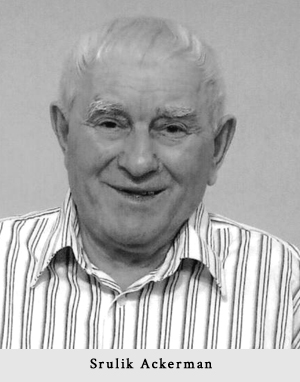 Which of these theories is true? One of these, or some combination of both? That’s the classroom discussion that I could have used. A discussion, a lecture, or a class that would proclaim to the world that there were people who the Nazis could not break. There were those who, against all odds, managed to survive the Holocaust both physically and emotionally, and went on to live vibrant, joyful lives.
Which of these theories is true? One of these, or some combination of both? That’s the classroom discussion that I could have used. A discussion, a lecture, or a class that would proclaim to the world that there were people who the Nazis could not break. There were those who, against all odds, managed to survive the Holocaust both physically and emotionally, and went on to live vibrant, joyful lives.
Perhaps it makes a difference to know that there was a ten-year-old boy named Srulik Ackerman, who went on to live a life full of happiness despite all the horrors that he endured at the hands of the Nazis. After everything that he has been through, he must have laughed and smiled more than a dozen men in a single lifetime.
I hope that learning about Srulik and others like him will make it easier for students to digest this difficult material. Maybe this lesson on the strength of the human spirit will encourage teachers to cover Holocaust history more completely, instead of omitting the truly difficult, but essential parts of this dark spot in our history. Maybe, realizing humanity’s potential for resilience, and our capacity for joy and happiness no matter what comes our way, will help students find strength in their own lives.
Dr. Ackerman is the author of over a dozen academic publications, including research on applications of traditional Jewish study methodology to the modern classroom. She is joining the faculty of Florida State University this year.
Related Content:
- Reading List: Holocaust
- Reading List: Holocaust Remembrance Day
- Essays: On the Holocaust
- The Boy on the Wooden Box: How the Impossible Became Possible on Schindler’s List by Leon Leyson
Margareta Ackerman is a professor, researcher, author and granddaughter of Holocaust survivor Srulik Ackerman. She received her Ph.D. in Computer Science from the University of Waterloo, Canada, and has won numerous awards for her research. Dr. Ackerman is the author of over a dozen academic publications, including research on applications of traditional Jewish study methodology to the modern classroom. She is joining the faculty of Florida State University this year.
